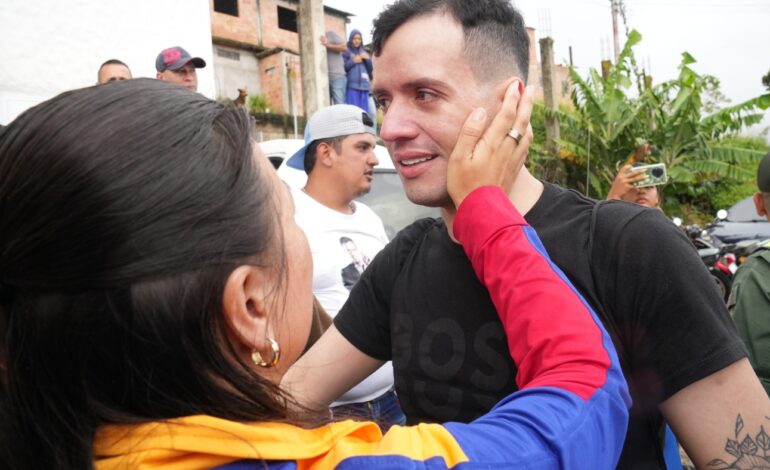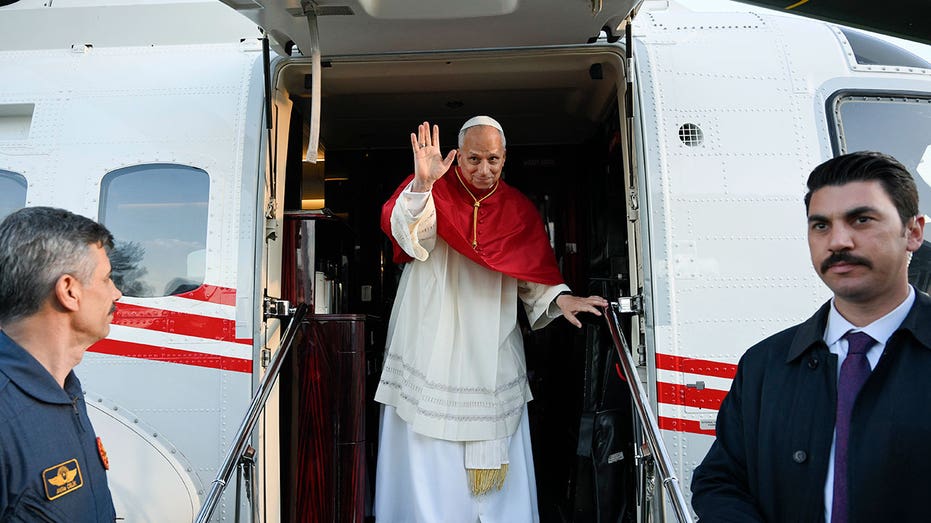Venezuelan Detainees Detail Abuse in El Salvador’s Mega-Prison

Venezuelan detainees recently released from El Salvador’s notorious mega-prison, CECOT, have come forward with harrowing accounts of abuse and inhumane conditions. The prison, officially known as the Centro de Confinamiento del Terrorismo, has garnered infamy for housing alleged gang members, specifically those accused of ties to the Tren de Aragua gang.
Carlos Daniel Terán, a 19-year-old who was transferred from an immigration detention center in Texas to CECOT in March 2023, vividly recalls the warden’s chilling words upon his arrival: “You are never going to leave this place.” This statement reflects the grim reality faced by Terán and many others, who were deported under the 1798 Alien Enemies Act, a rarely invoked wartime power. Accused without evidence of gang affiliation, Terán claims he spent nearly four months in CECOT, where he feared for his life.
“It felt like hell on Earth,” he said in an interview from Caracas after his release alongside over 250 other Venezuelans as part of a prisoner exchange with the U.S.
Harsh Conditions and Allegations of Abuse
Upon their arrival at CECOT, detainees faced brutal treatment from guards. Terán and fellow inmates described being subjected to violence, sexual abuse, and deplorable living conditions. They received insufficient food, often consisting of just beans and tortillas, and were denied proper sanitation facilities.
According to Terán, the toilets in their cells frequently clogged, and the absence of air conditioning exacerbated the oppressive heat and humidity. The bathing facilities were minimal, with prisoners allowed to wash only once a day in water pumped into cement tanks. Detainees slept on metal planks with no mattresses or bedding, forcing many to adopt uncomfortable positions during the night.
Andry Hernandez, another former detainee, recounted how guards routinely beat prisoners with batons and dragged them to a small cell known as “La Isla,” where abuse intensified. He described a particularly traumatic episode where he was assaulted for bathing outside designated hours.
“CECOT was hell on Earth,” Hernandez remarked.
Silenced Voices and Lack of Due Process
Opened in January 2023 as part of President Nayib Bukele’s aggressive anti-gang strategy, CECOT has largely escaped external scrutiny. The facility’s operations are shrouded in secrecy, with the government controlling its narrative through polished public relations efforts.
The detainees’ accounts reveal a stark absence of due process. Many of the 252 Venezuelans sent to El Salvador had no criminal records, and less than 10% were found to have any prior convictions, according to human rights organization Cristosal. The men were denied contact with family or legal representation during their detention, which raises serious ethical and legal concerns.
Noah Bullock, the executive director of Cristosal, emphasized that the treatment and conditions described by the detainees can be classified as torture. He stated that the transfer of Venezuelan prisoners to El Salvador without notification to their families or lawyers constitutes forced disappearance.
“Just on those grounds, you have clear due process violations,” Bullock noted, highlighting the broader implications of such actions on human rights.
Despite the claims made by the U.S. Department of Homeland Security, alleging that these individuals were gang members, no supporting evidence has been presented. The department has faced criticism for its handling of the situation, with Assistant Secretary Tricia McLaughlin dismissing the detainees’ testimonies as “false sob stories,” without addressing the specific allegations of abuse.
Hernandez encapsulated the plight of the detainees succinctly: “We were treated like bargaining chips.” The implications of this situation not only affect the individuals involved but also raise significant questions about immigration policies and human rights practices in both the U.S. and El Salvador.






